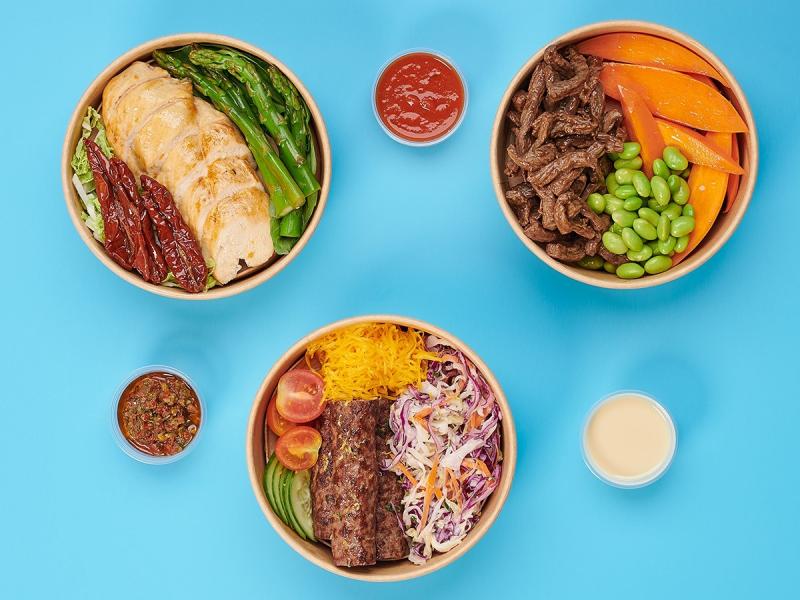Developing a healthy meal-eating plan is crucial for overall health and well-being. A healthy meal plan ensures that you are consuming the necessary nutrients, vitamins, and minerals needed to maintain good health. In today's fast-paced world, where office lunches often consist of fast food and unhealthy snacks, it is essential to have a well-thought-out meal plan to maintain a healthy lifestyle. In this article, we will discuss why you need to develop a healthy meal-eating plan and some different meal plan options to consider.
Office Lunches are often the highlight of the workday. However, if you're not careful about what you eat, it can have an adverse impact on your health. Studies show that a healthy diet can reduce the risk of chronic diseases such as heart disease, stroke, and diabetes. In contrast, an unhealthy diet can increase the risk of these diseases. Therefore, developing a healthy meal plan for office lunches is vital. One option is to pack your lunch with healthy snacks such as fruit, nuts, and vegetables, or prepare a homemade salad with lean protein such as chicken or fish.
A healthy meal plan can also be helpful if you're trying to lose weight or follow a specific diet, such as a keto meal plan. A keto meal plan focuses on high-fat, low-carb foods, which can help you achieve ketosis and burn fat for energy. To follow a keto meal plan, you need to avoid foods that are high in carbs, such as bread, pasta, and rice, and instead consume foods that are high in healthy fats, such as avocado, nuts, and seeds. With a bit of planning, it is possible to follow a keto meal plan even when dining out or eating at the office.
Another option to consider is a healthy meal plan delivery service. These services provide nutritious meals that are specifically designed to meet your dietary needs. For example, if you follow an Indian meal plan or an Arabic meal plan, you can find meal delivery services that cater to these specific cuisines. These services can be convenient and time-saving, especially if you don't have the time to prepare your meals or don't enjoy cooking.
When developing a healthy meal plan, it is essential to consider your specific nutritional needs. For example, if you're a vegetarian, you need to ensure that you're consuming enough protein, iron, and other essential nutrients that are often found in meat. On the other hand, if you have a medical condition such as celiac disease or diabetes, you may need to avoid certain foods that can trigger symptoms.
In conclusion, developing a healthy meal-eating plan is essential for overall health and well-being. It can help you maintain a healthy weight, reduce the risk of chronic diseases, and provide you with the necessary nutrients needed to support good health. Whether you're following a keto meal plan, an Indian meal plan, or an Arabic meal plan, it's important to consider your specific dietary needs and make adjustments accordingly. With a bit of planning and preparation, you can easily incorporate healthy eating habits into your daily routine and enjoy the many benefits of a healthy lifestyle.
